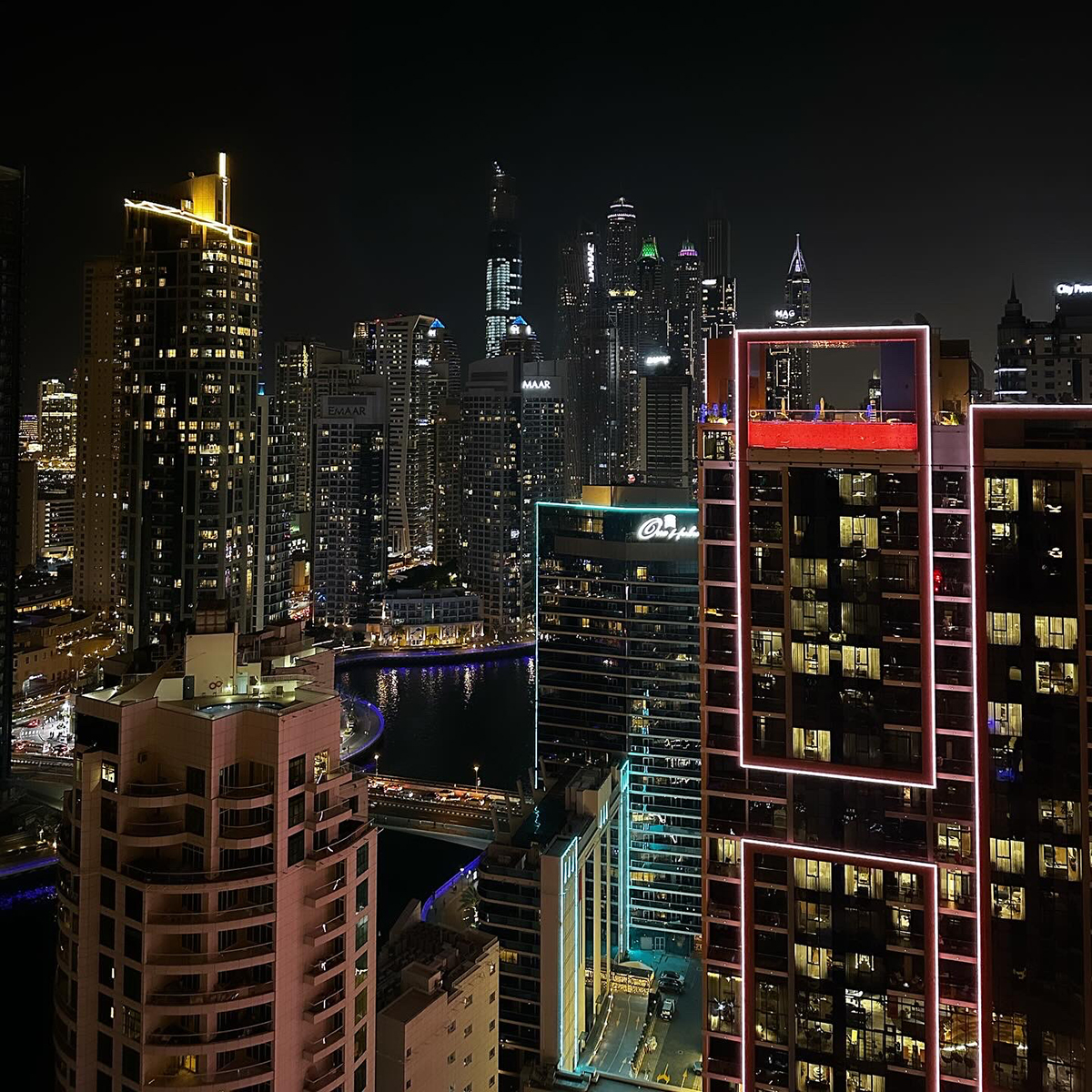
World leaders gathered in Dubai, UAE for COP28 with the aim of curbing climate change from 30th November to 12th December 2023
German sustainability leader Darius Maleki, co-founder of one of the country’s most important business sustainability initiatives, gives us his candid lowdown of more than a week spent at COP28
Arriving at Dubai Airport from Frankfurt, I was impressed to see the amount of buzz around the conference, with dedicated entry points for COP28 delegates, as well as information counters in every corner.
I made it to the site of Expo City on the morning of 2nd December. At the entrance of the Blue Zone, I was overwhelmed by the diversity of the crowd, all in line to pick up their UN badges.
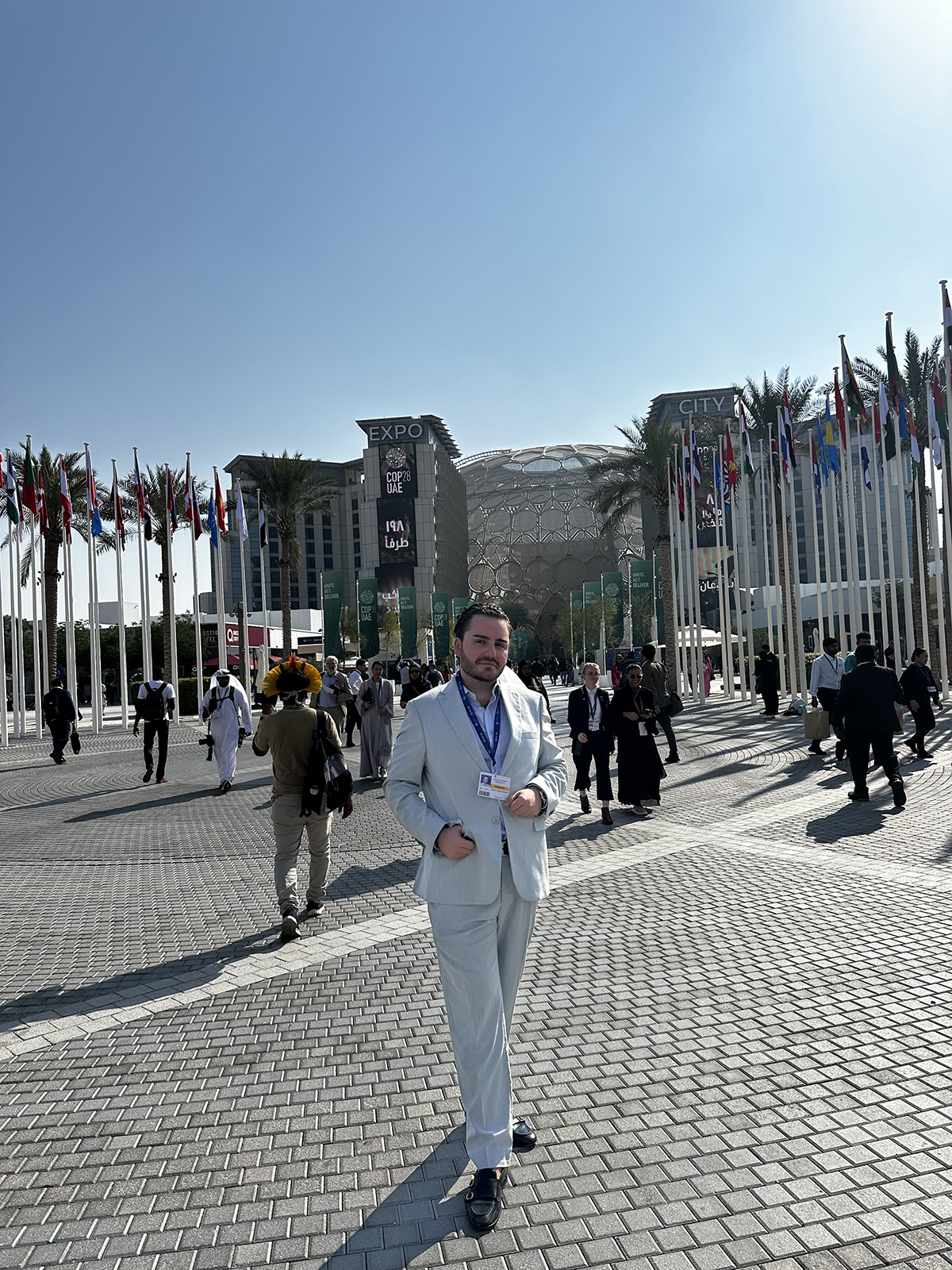
Darius Maleki in the opening area of the Blue Zone, where formal negotiations involving world leaders, senior climate politicians and scientists take place
The first official event I attended was the DZ Bank x UNECE Conference in the Action Room of the Blue Zone, discussing Transition Finance. Keynote speakers included Dario Liguti and Souad Benkredda, with a summary by Tatiana Molcean revealing concerns about the current 2-degree trajectory, the need for sector-specific plans, and financial institutions’ lack of understanding of or ability to identify these sectors. The session emphasised the importance of financial institutions, especially fund managers, recognising the commercial value of their undertakings for effective scaling. There was a realisation of a technical knowledge gap for private sector scaling, prompting discussions on incentives for private sector funding for transition funds.
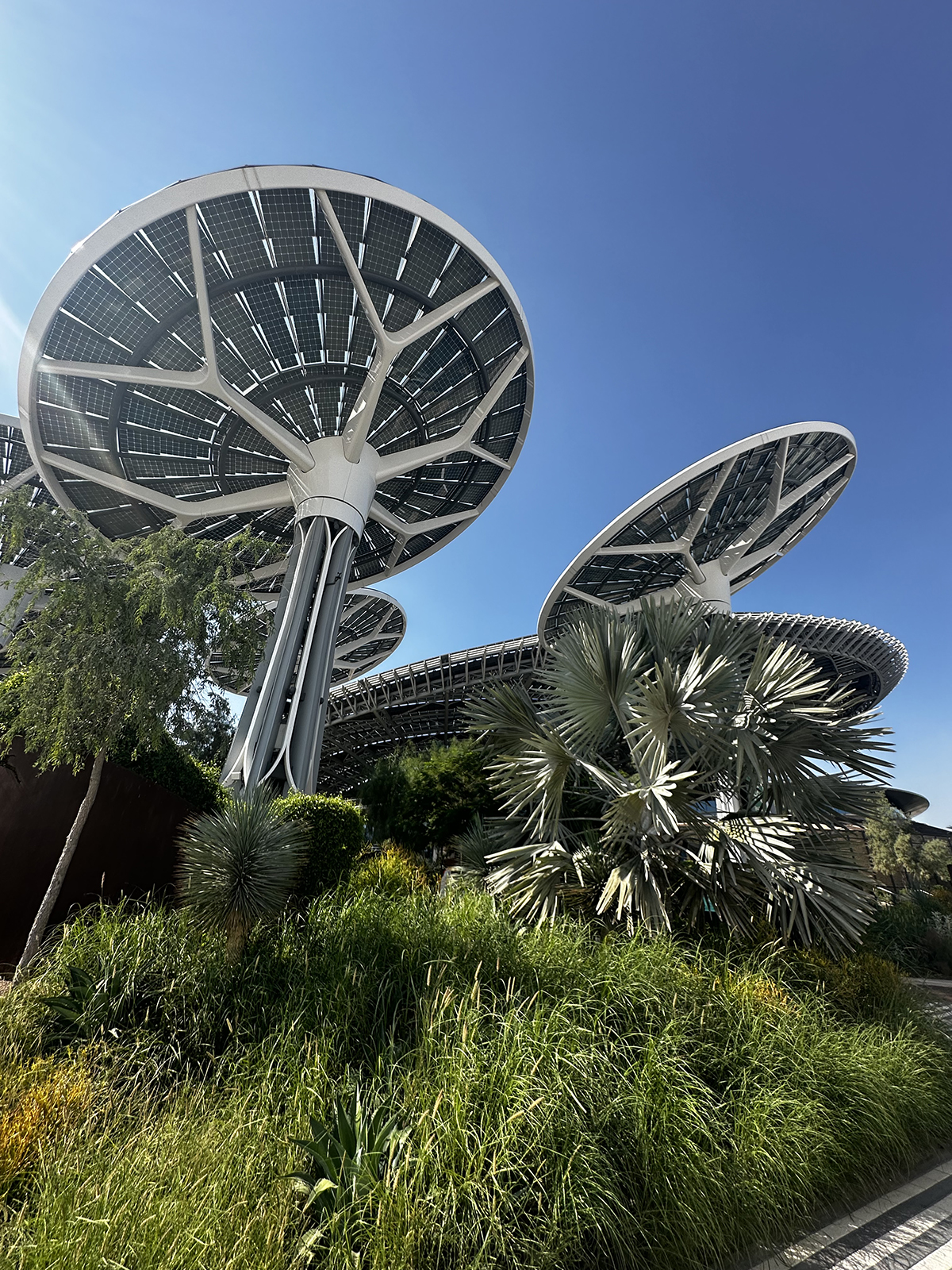
Terra – The Sustainability Pavilion at COP28 was designed by UK-based Grimshaw Architects and hosted talks and events around green finance, nature, energy and policy
I approached a UNECE director to discuss how we can scale the technical know-how for the private sector. It is commendable for the government to be ahead, but if they cannot scale alongside the private sector, it may lead to a massive “drag-along,” increasing reluctance from investors and fund managers to follow net-zero activities. There is a need for clear incentives to signal the scaling of private sector funding for transition funds.
Follow LUX on Instagram: luxthemagazine
The director’s response was blurry, as they honestly do not know either. However, this signals to foundations like ours that there is a technical knowledge gap that charitable, non-partisan institutions can fill. This realisation opens interesting new opportunities.
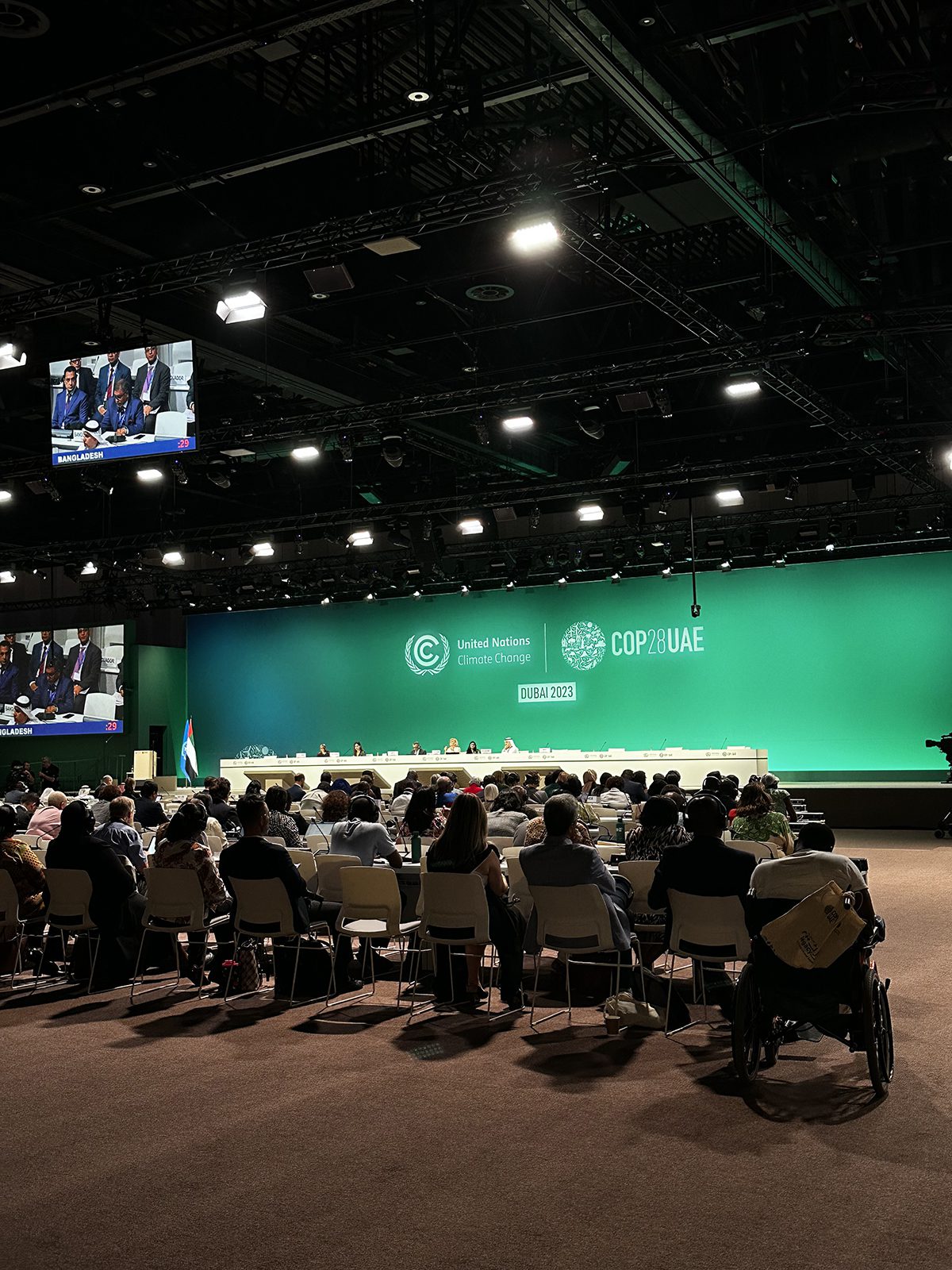
Topics covered at this year’s COP included adaptation and resilience, capacity-building, climate finance and climate technology
The interconnectivity of the buildings and areas at COP28 was incredible. Never have I been in a place where every visitor’s wish was fulfilled. From food booths to bikes and shuttles everywhere, we could easily escape the heat while traveling from building to building. For the first three days, I visited countless Country Pavilions in both the Green and Blue zones. I was particularly surprised by the strong presence of Ghana, Vietnam, Iraq, and Japan compared to other big nations.
The topic of sustainability will remain relevant for decades, so we need to prepare ourselves and act as a role model for future generations. Perhaps we should reconsider the term “sustainable transformation” to “sustainable and generational transformation”.
Read more: Ted Janulis of Investable Oceans on his hopes for COP28
For now, I will start by working my way through all the business cards, emails and presentations gathered during my 6 days at COP28. I might need to be prepared for an all-nighter.
Find out more: unfccc.int/cop28


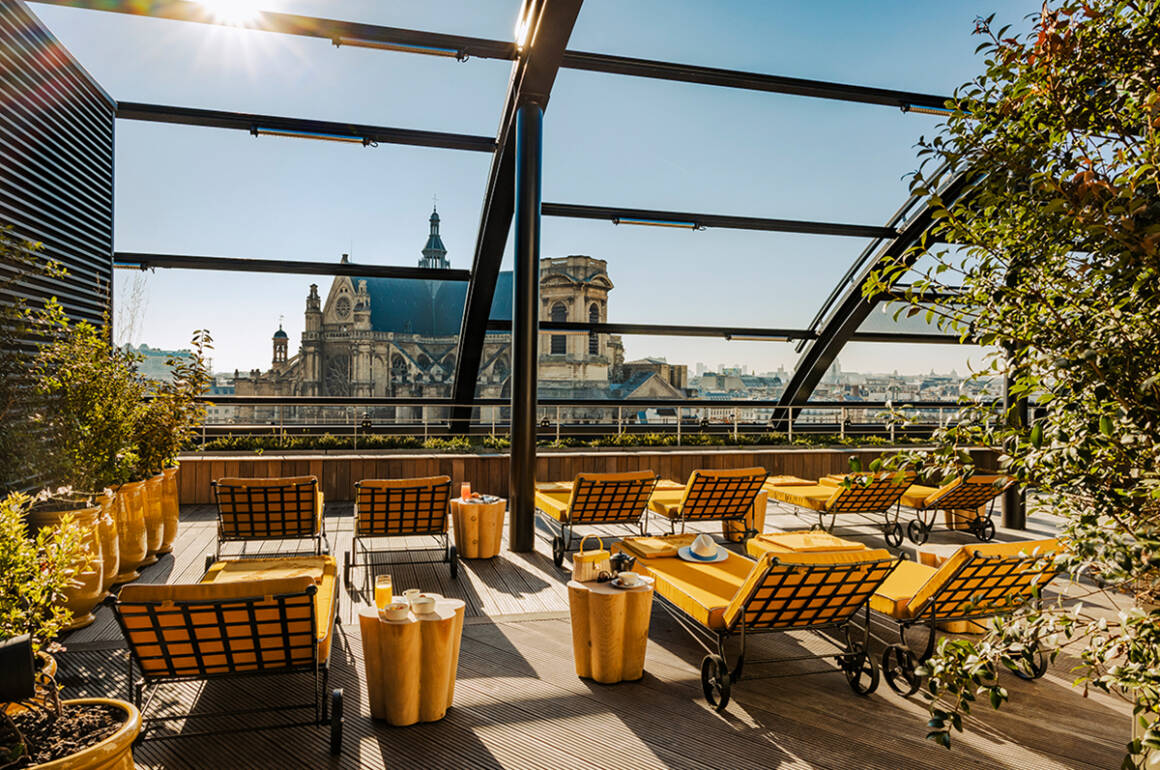
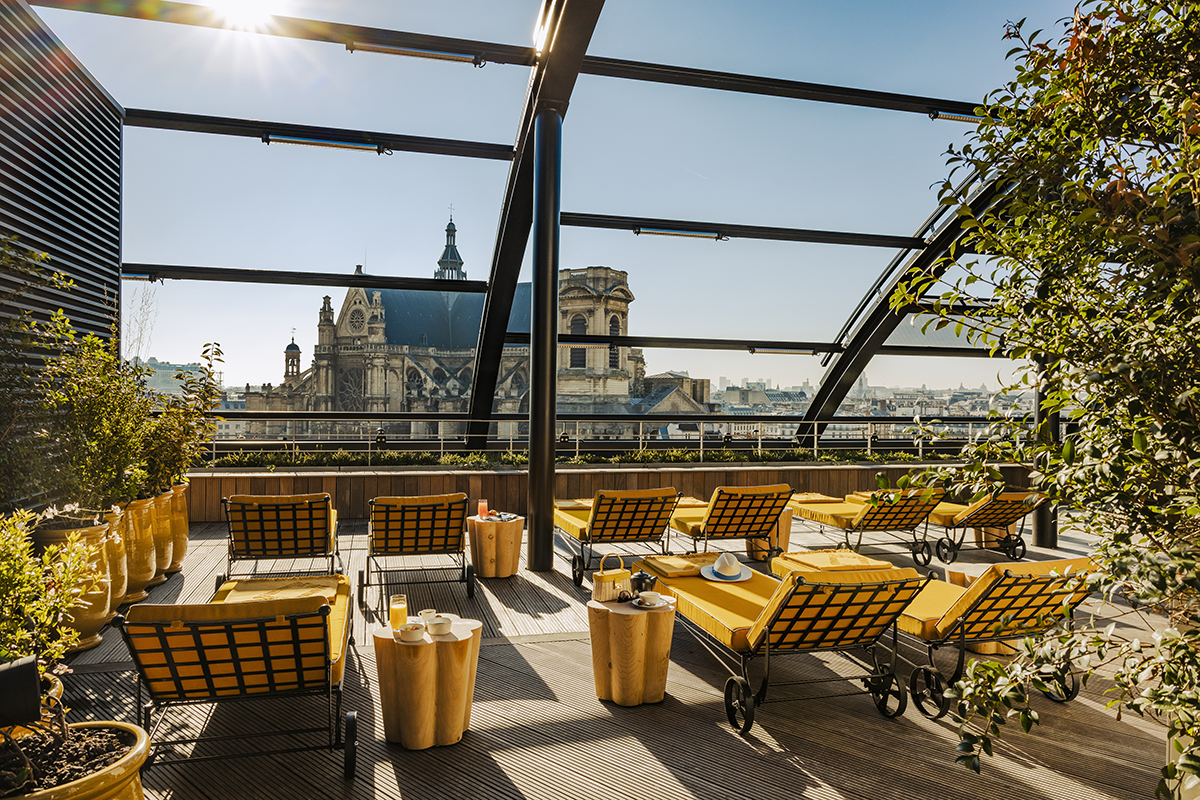

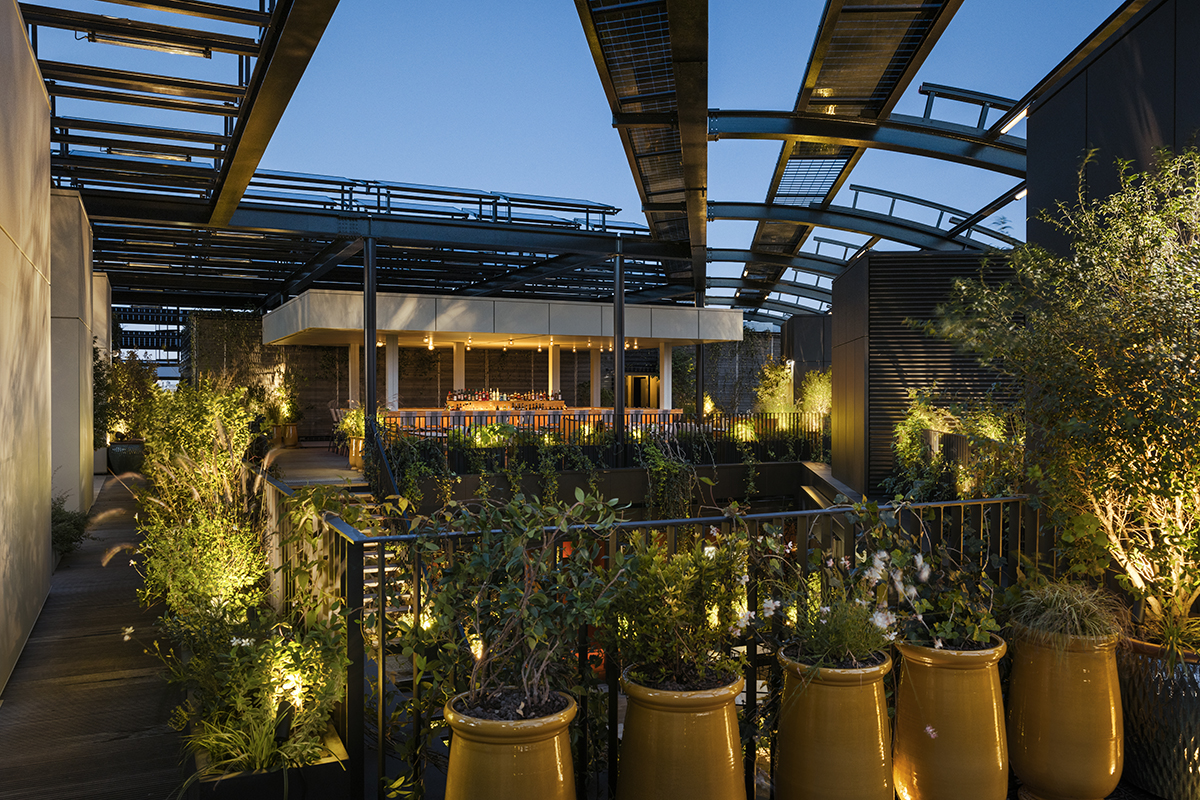








Recent Comments